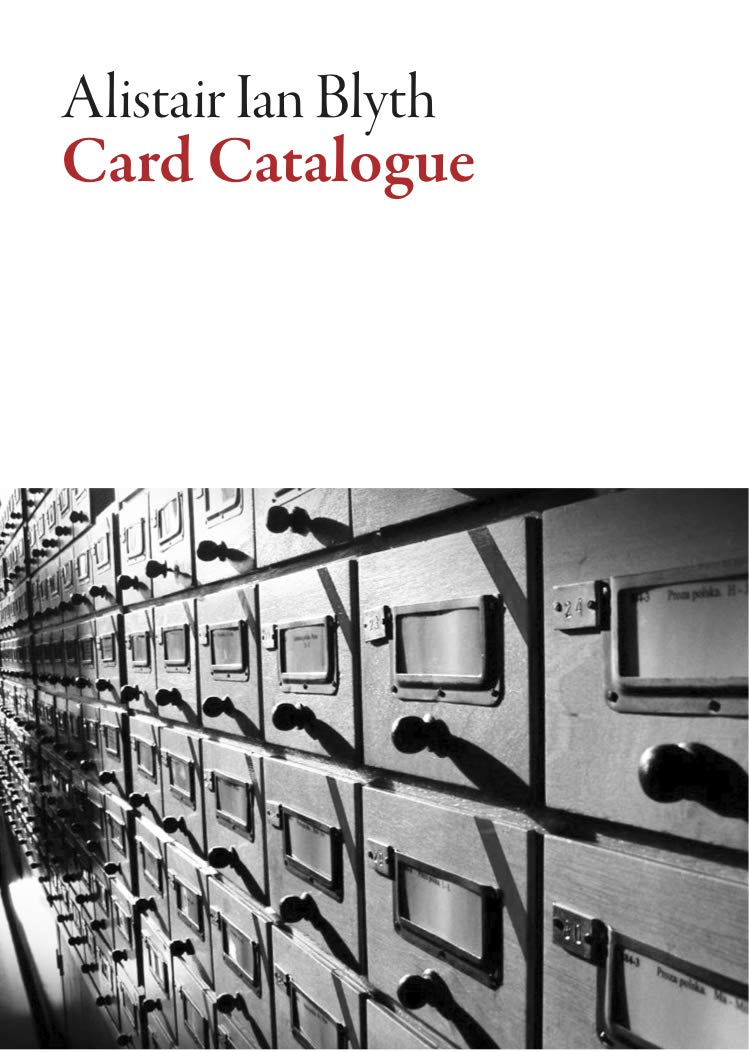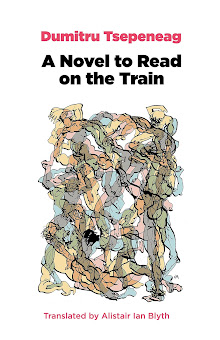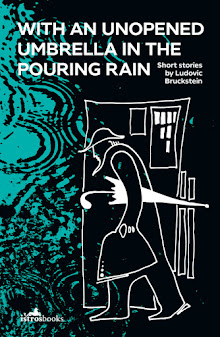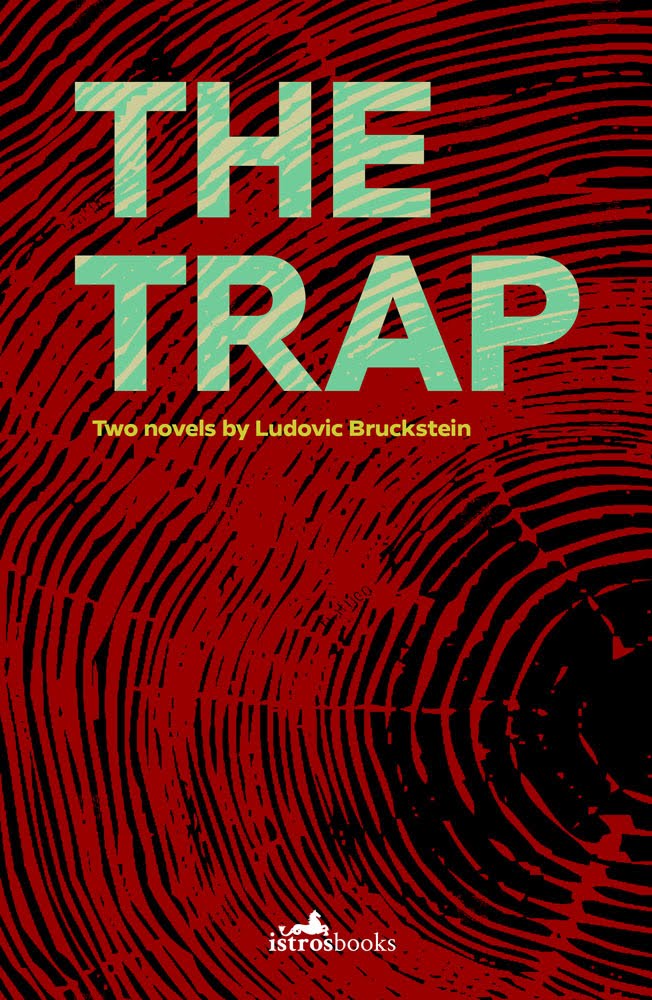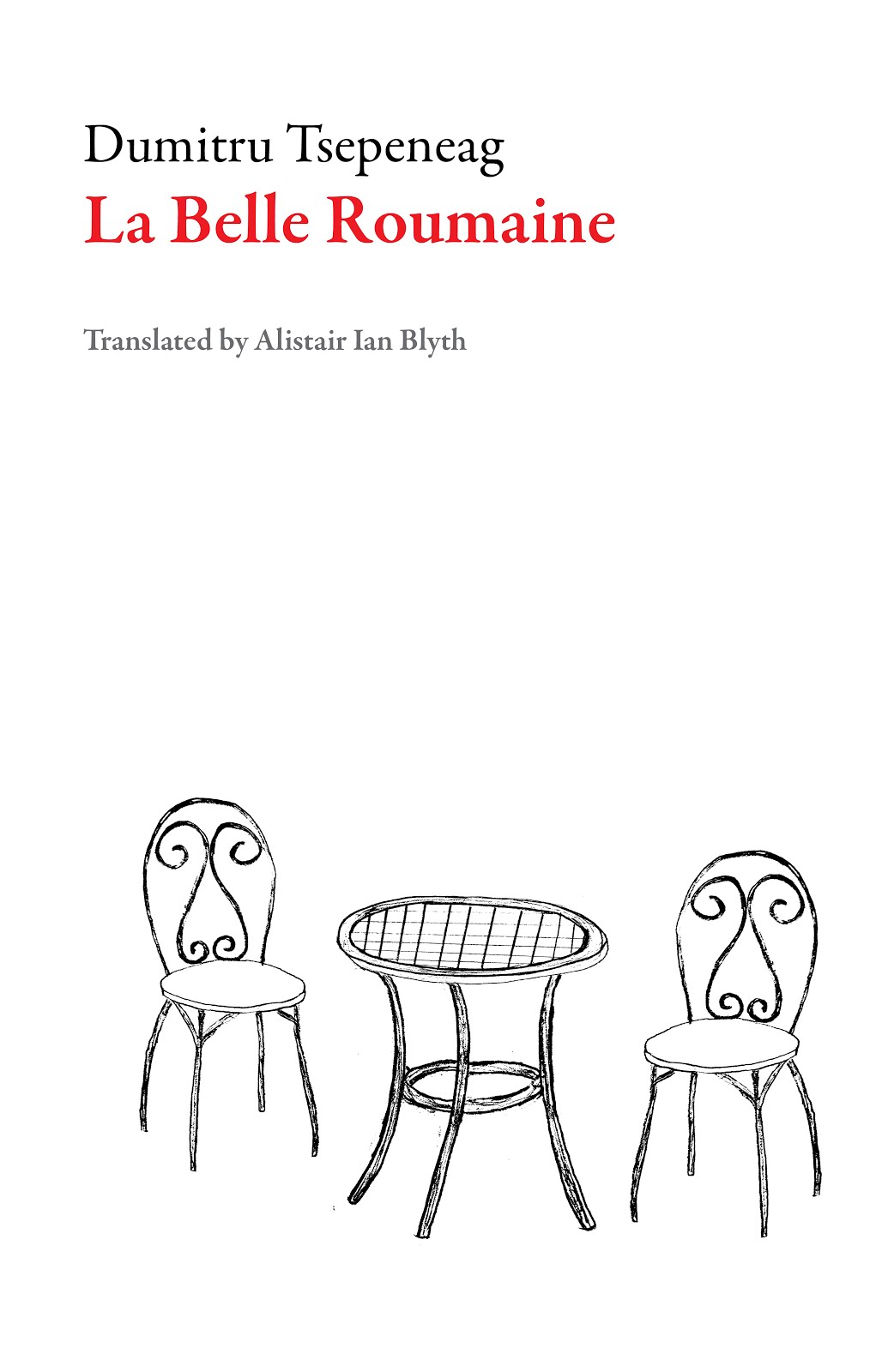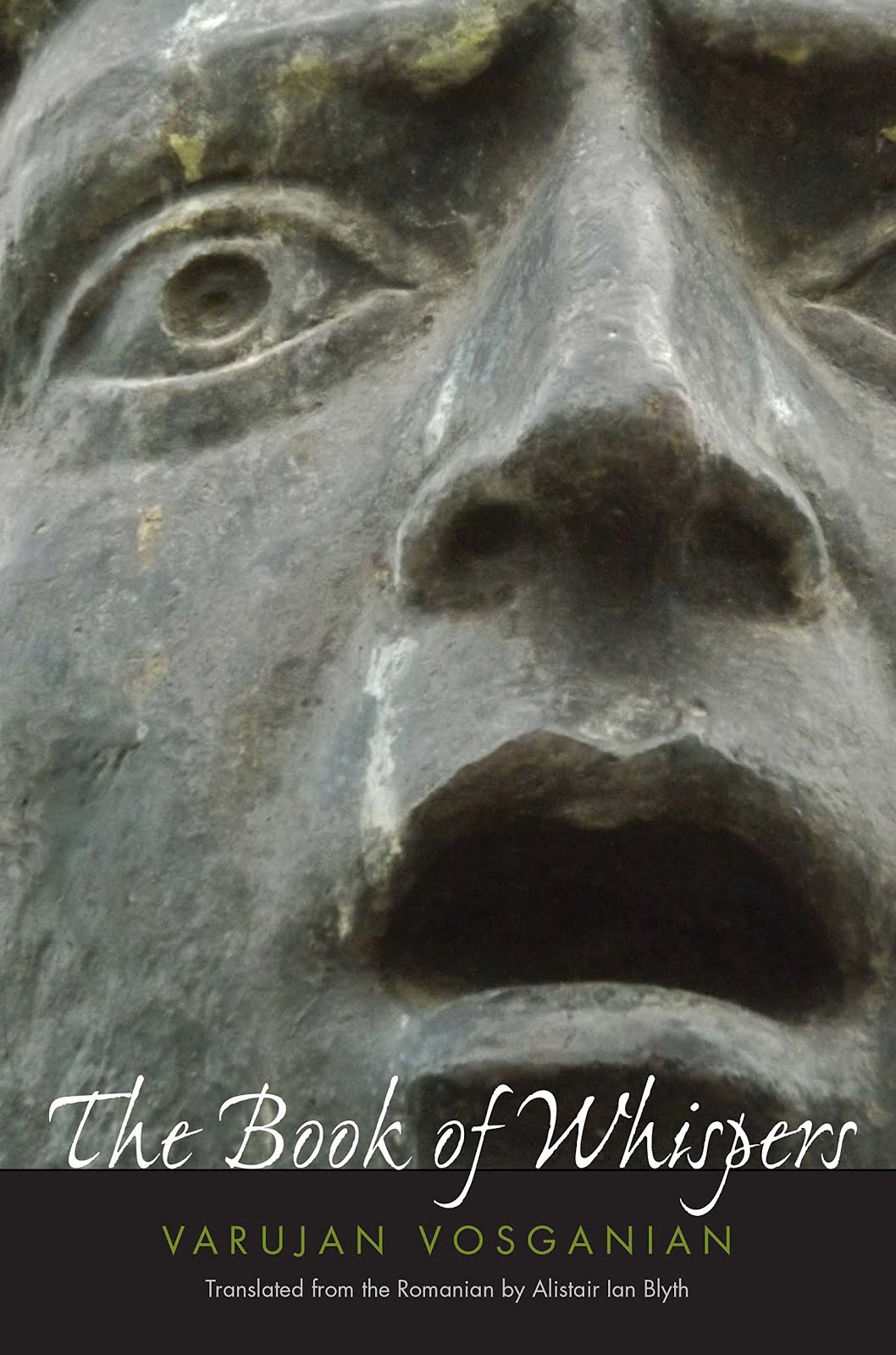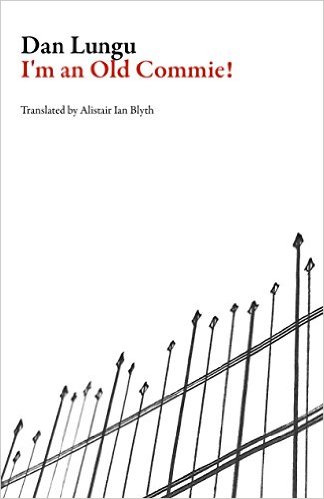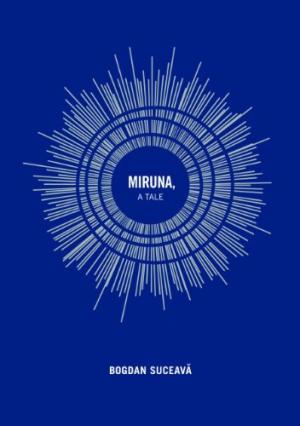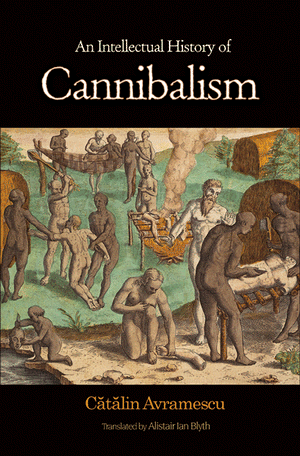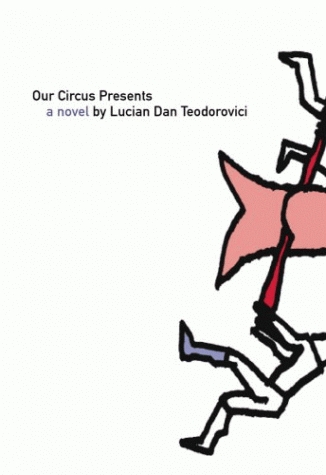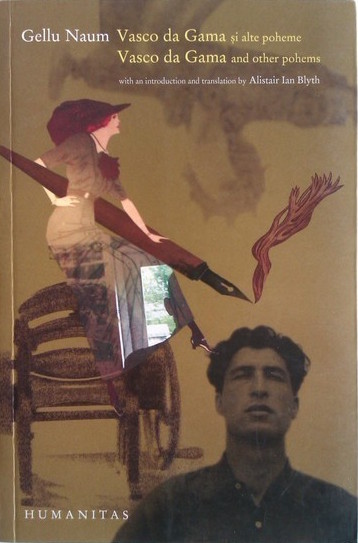Tenebrae apud inferos, duplices. Illas Corporis voco, et exteriores, has Animi et interiores. Illae Corporis, tenebras Aegyptias, horribiles, crassissimas, manu palpandas longe superant. Ignis apud inferos ardere potest, lucere non potest. Quod Sapientia de tenebris Aegyptiis asseruit, idem de Orcinianis dicendum: Una catena tenebrarum omnes erunt colligati,
clausi tenebris et carcere caeco.
De hac tenebrarum poena Chrysostomus: Plorabimus, omnes tristissime, inquit, flamma nobis vehementius incumbente. Neminem videbimus praeter condemnatos nobiscum, et immanem solitudinem. Quis potest verbis consequi, quam formidabiles pavores a tenebris exorientur, quae in animis nostris extabunt? Quemadmodum ignis illic non habet vim resolvendi, sic nec lucere potest: alioqui non essent tenebrae.
At tenebrae interiores illae, longe horribiliores sunt, quas Theologi Poenam damni, seu, Divinae visionis privationem vocant. Hoc omnino suppliciorum summum est, quo Deus hominem punire potest. Nam uti, Videre Deum, ipsissima beatitudo est, et summa beatorum felicitas: ita, Deum videre non posse, maxima damnatorum poena est, e qua inexplicabilis in eorum voluntate nascitur tristitia.
Jeremias Drexelius, Infernus Damnatorum et Carcer et Rogus Aeternitatis Pars II. 1633
In hell there are two kinds of darkness. The first is external and corporeal, the second internal and spiritual. The corporeal darkness by far surpasses the terrifying, dense, palpable darkness that afflicted Egypt. The fire in hell burns, but sheds no light. What Holy Wisdom declared of the darkness of Egypt may also be said of the darkness of Hell: All were bound with the same fetters of darkness,
shut in darkness and the blind prison. (1)
On the punishment of darkness Chrysostom says the following: We shall all lament most piteously when the fire violently assails us. We shall see none but our fellows in damnation and nothing but a vast solitude. Who can express in words the terrifying darkness-engendered dismay that will exist in our souls? Just as the fire has no power to consume, so too it is unable to give light: otherwise there would be no darkness.
But more terrifying by far is the interior darkness, which the theologians name Poena damni, or privation of the sight of God. This is the highest of the torments whereby God may punish man. For the sight of God is beatitude itself, and the highest bliss of the blessed: thus, not to be able to see God is the greatest punishment of the damned, whence arises in their wills an indescribable sadness.
(1) Virgil, Aeneid, 6, 732












